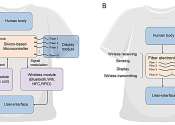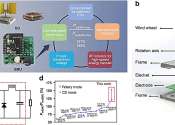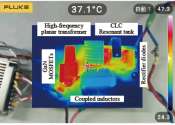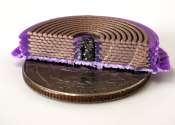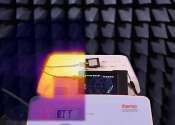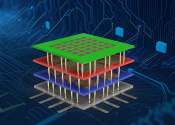Researchers use machine learning to create a fabric-based touch sensor
A new study from NC State University combines three-dimensional embroidery techniques with machine learning to create a fabric-based sensor that can control electronic devices through touch. The paper is published in the ...
19 hours ago
0
22


